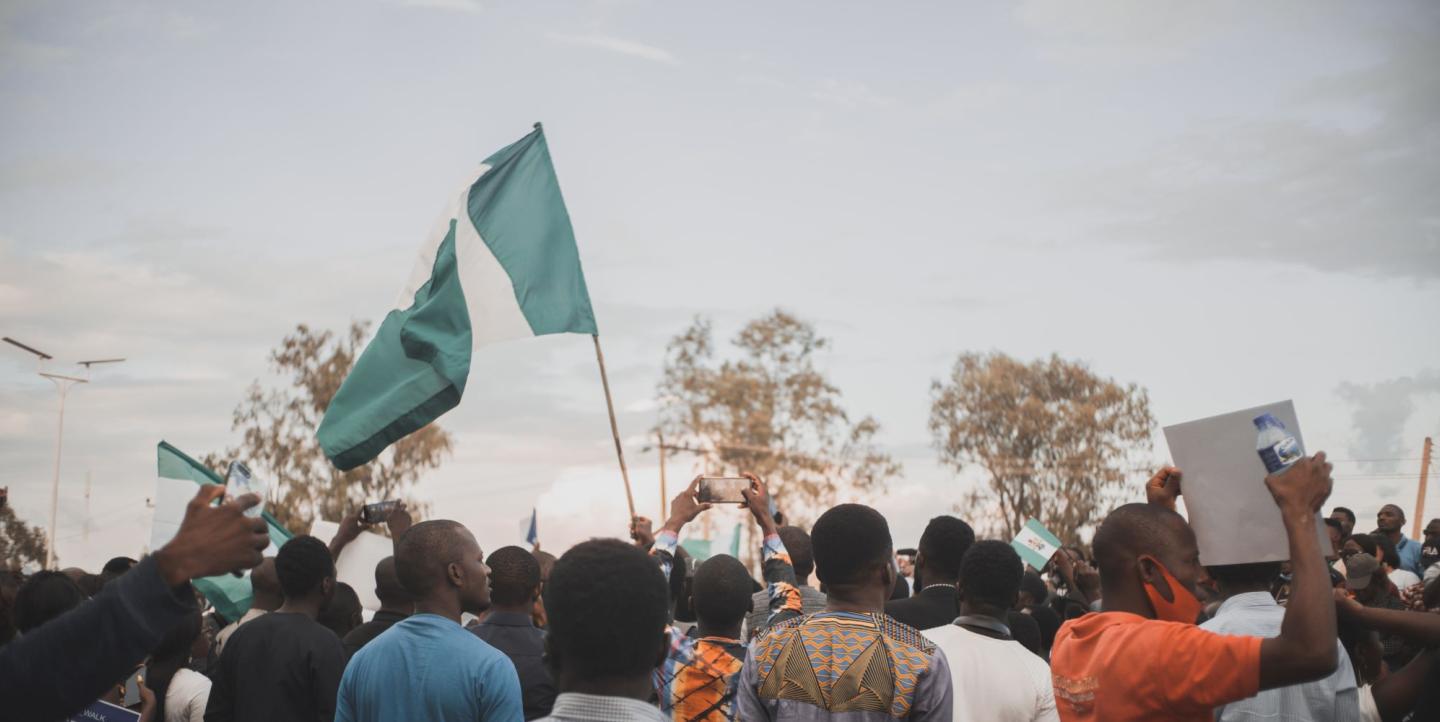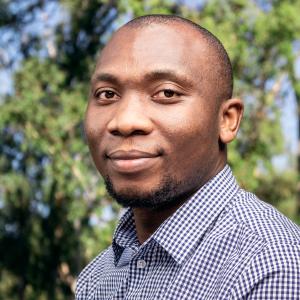Media outlets and fact-checking organizations in Nigeria are preparing to combat mis- and disinformation ahead of the country's presidential election on February 25.
Dubawa, a leading fact-checking organization in the country with hubs across West Africa in Ghana, Sierra Leone and Liberia, is spearheading this charge.
I spoke with Dubawa’s editor, Kemi Busari, about the outlet’s fact-checking efforts and collaboration with other organizations fighting disinformation with the crucial nationwide election on the horizon.
Nigeria's general election is less than a month away. What are your plans around fighting mis- and disinformation circulating around them?
Busari: Dubawa’s election work started way before the election season kicked off. We have committed resources to pre-, election day and post-election activities to debunk false information. Apart from the regular fact-checking work pre-election, we are producing a lot of media literacy articles and explainers, in different languages and different formats, to help people understand the electoral processes.
We have trained over 100 journalists on election fact-checking and we continue to support newsrooms through our fellowship.
How have you collaborated with Dubawa's networks and offices in Ghana, Sierra Leone and Liberia?
All hands are on deck for the election. Our colleagues from other West African countries have already joined the process. As elections are coming in Liberia, Sierra Leone and Ghana next year, they will take some lessons from Nigeria.
We don’t envisage an internet shutdown; in case that happens, they will be available off-site to give some aid.
How will you utilize social media in your work around the elections?
The earlier one puts out a debunk, the better [it can] curtail the spread of false information. Our approach to debates and election day fact-checking has always been live fact-checking; this is not going to change this time.
Working with some partners, we are relying on about 100 on-the-ground observers to provide accurate information from the field and instant debunks when needed. All our outputs will go on all our social media platforms immediately.
Do you have plans to work with other fact-checking hubs and organizations in Nigeria?
Yes. In fact, we’ve been collaborating for close to a year now. In 2022, major fact-checking organizations in Nigeria came together to form the Nigeria’s Fact-checkers’ Coalition. On the understanding that we all fight a common enemy, the coalition’s mandate was to pull resources together to combat false information on the election.
So far, the 12 members of the coalition have collaborated to live fact-check all presidential debates that have been held ahead of the election and a few governorship debates. We plan to set up two situation rooms, one in Lagos and one in Abuja.
If a political party or candidate shares potentially misleading information on social media during the election/voting process, what steps will you take to verify and, if needed, debunk the information?
Firstly, we use available resources to determine the facts; we’d then reach out to the claimant and thereafter put out our debunk. Depending on the kind of falsehood, the steps we’d take to verify could include calls to the electoral umpire if the falsehood is about the electoral process, calls to our field observers if the claim is about an occurrence, or just desk research if it’s recycled content.
Oftentimes, politicians and their supporters don’t heed the call of fact-checkers, so we usually try to scale the spread of our fact-checks to reach as many audiences as possible. For instance, we still have some falsehoods spread by politicians during the 2019 elections on Twitter.
What are some of the challenges you have faced during election periods or with debunking political misinformation in past years?
It’s usually difficult to reach election stakeholders, for instance, the Independent National Electoral Commission (INEC), the police or the army, but this time they have assured us of their availability.
We also have the perennial problem of reach. People consume election-related information with sentiments, so it’s difficult to get them to accept the debunks. This is partly why the [Nigeria’s Fact-checkers’ Coalition] was created.
What is your advice to other fact-checkers during this election?
The 2023 election is very crucial to the country, given the myriad of challenges and peculiarity of the candidates. Specifically, I’ll advise fact-checkers not to allow themselves as tools in the hands of politicians, do the work diligently and be more critical than ever.
Photo by Salem Ochidi on Unsplash.


